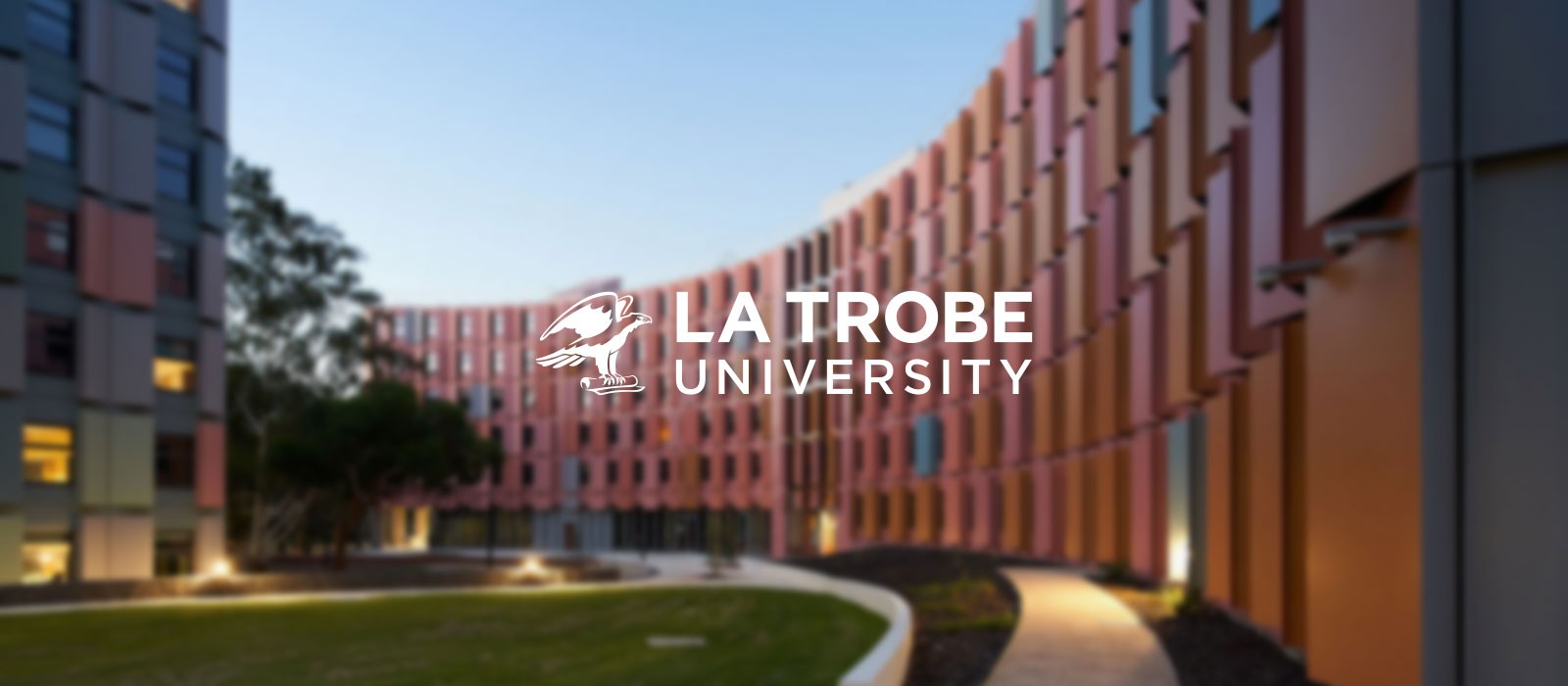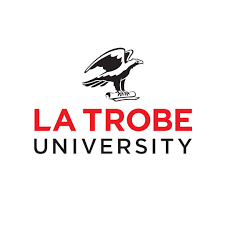
BACHELOR OF LAWS (HONOURS)/BACHELOR OF CRIMINOLOGY


Overview
Duration
5 YEARS FULL-TIME
5 YEARS FULL-TIME
Scholarship
YES
YES
Fee
A$40 600 PER 120 CREDIT POINTS.
A$40 600 PER 120 CREDIT POINTS.
Intake
SEMESTER 1 (MARCH 2025), SEMESTER 2 (JULY 2025)
SEMESTER 1 (MARCH 2025), SEMESTER 2 (JULY 2025)
Overview
- About the Bachelor of Laws (Honours)/Bachelor of Criminology
- When you study La Trobe's Bachelor of Laws (Honours)/Bachelor of Criminology, you'll be ready to build a meaningful career and fight for justice.
- In your law study, you can personalise your course to your career goals with electives and opportunities for professional experience. Our outstanding legal training and progressive approach to law means you'll be ready for employment – including by building skills like advocacy, negotiation and dispute resolution, which are highly valued in any workplace.
- By adding criminology expertise, you'll build a broader view of how crime affects – and is affected by – our society. Explore the complex causes of crime and learn how to craft innovative responses to real-world criminal justice problems.
Inquire Now
COURSE AND CAREER OUTCOMES
- Bachelor of Laws (Honours)/Bachelor of Criminology intended learning outcomes
- Demonstrate appropriate understanding and competence in the prescribed areas of knowledge required for admission into legal practice in Victoria, Australia, as determined by the Victorian Legal Admissions Board.
- Identify, research and formulate evidence-based responses to issues in the criminal justice system.
- Demonstrate a capacity to critically analyse and reflect on the legal, social, cultural and political contexts in which criminalisation occurs and in which responses to offending behaviour are formulated
- Discuss and reflect upon the professional and ethical responsibilities of the various actors in the criminal justice system.
- Interpret, utilize, develop and evaluate theoretical propositions, methodologies, conclusions and professional decisions
- Demonstrate an advanced understanding of criminology as a discipline and practice and the varying explanations and strategies it offers for explaining and responding to crime.
- Construct and communicate effective, appropriate and persuasive arguments.
- Demonstrate advanced knowledge of Australian legal systems, institutions and procedures, including fundamental legal principles and concepts in substantive areas of law.
- Apply analytical and professional judgement in identifying legal issues, critically evaluating legal doctrine and providing innovative solutions to complex legal problems.
- Coherently communicate legal knowledge, research, and analysis using a variety of modes to both legal and non-legal actors.
- Demonstrate an advanced capacity to work independently, self-manage and reflect on workload, foster personal and professional development, and collaborate effectively in a team environment.
- Critically analyse, synthesise relevant legal sources and conduct research independently using technologies where appropriate.
- Demonstrate awareness of and critically reflect on lawyers' professional and ethical responsibilities and the importance of integrity and service in legal analysis and practice.
- Demonstrate awareness of and critically reflect on the historical, social, economic and cultural contexts and implications of laws and the role of lawyers in promoting justice and equity.
- Demonstrate an advanced and integrated understanding of the factors that contribute to offending behaviours.
FEES AND SCHOLARSHIPS
- Estimated fees per year (2025):
- Indicative based on 2024 fees
- A$40 600 per 120 credit points.
- Note: 120 credit points represents full-time study for one year.
- International scholarships
- Destination Australia – an Australian Government initiative
- The Destination Australia scheme supports new international students to study in regional Australia and offers students a high-quality learning experience. For eligible applicants, these scholarships are worth up to A$15 000 per annum for up to four years.
ENTRY REQUIREMENTS
- Nepal: 90%
- Subject prerequisites
- Units 3 and 4: a study score of at least 30 in English (EAL) or at least 25 in English other than EAL.
- English language requirement
- 6.5 IELTS (Academic) with no individual band less than 6.0.
Popular Courses
Start your journey with landmark today!
Find your perfect course
Answer a few questions and
our course matcher will do the rest
Head Office
Level 5, IT Plaza
Kamaladi, Kathmandu
Tel: +977 14542781, 9845566225
E-mail: info@landmarkedu.com
Kamaladi, Kathmandu
Tel: +977 14542781, 9845566225
E-mail: info@landmarkedu.com
Sydney office
Level 2/552 Princess Highway,
Rockdale, NSW 2216,
Tel: +61 415 122 814
Rockdale, NSW 2216,
Tel: +61 415 122 814
Branch office
Sahidchowk, Chitwan
Tel: 056-590825
Tel: 056-590825
Mahendrachowk, Biratnagar
Tel: 021-590828
Tel: 021-590828
Level 2, Milanchowk, Butwal, Rupandehi
Tel: 977-71-591694
Tel: 977-71-591694
© Landmark Education. All rights reserved.


